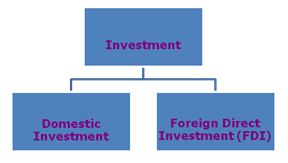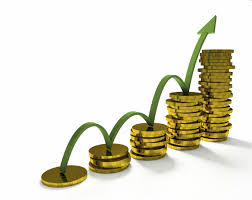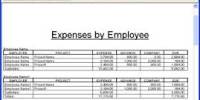Investment is the edition to the existing stock of capital after a fiscal year. Investments are one of the most important ways that economies are able to grow over time. Investments allow businesses to purchase factories, machines, and other capital goods, which in turn increase the production of goods and services and thus the standard of living of those who live in the economy. That is especially true when capital goods incorporate recently developed technologies that allow new goods and services to be produced, or existing goods and services to be produced more efficiently with fewer resources.
Investment means spending or setting aside money for future financial gain. For an individual, investment might include the purchase of financial assets, such as stocks, bonds, mutual funds, or life insurance. Investment can also include the purchase of durable goods, such as housing or a car. For an economist, investment refers to the increase in real capital in an economy, such as an increase in factories and machinery, or in its human capital—that is, a skilled and educated labor force. See also Corporate Finance; Economics: Keynesian Economics.
Investing in capital goods has a cost, however. For investment to take place, some resources that could have been used to produce goods and services for consumption today must be used, instead, to make the capital goods. People must save and reduce their current consumption to allow this investment to take place.

Types of Investment:
- Domestic Investment
- Foreign Direct Investment
- Autonomous Investment
- Induced Investment
















